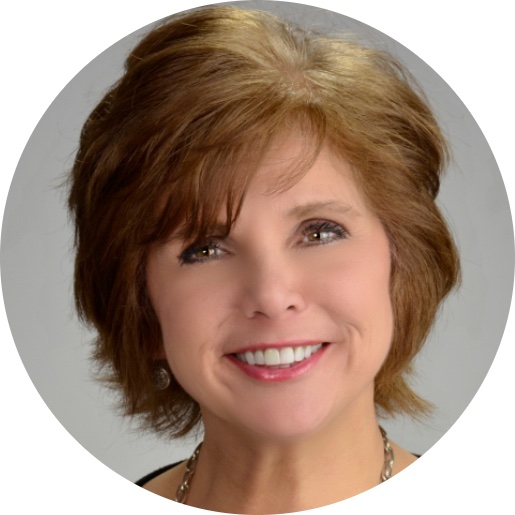To combat ‘quick quits’ employers develop Early Career Development programs

Making the transition from college to the workplace can be tough, made harder because of the move to remote work during the pandemic. Sure, you get to work in pjs from the comfort of your living room but it can make networking, learning and even the simplest tasks — like knowing who to contact when your laptop crashes — more challenging than if you were in the office.
That’s why Sandhya Iyer, Becky Hoving, and Paige Lord created the Early Career Development ERG at Chief, the membership organization for women who are vp level and above. All three are in their first or second job out of college and formally organized the ERG, shorthand for employee resource group, to help smooth the transition to work and provide a resource for networking, learning and career development.
Chief’s early professionals ERG is part of a growing trend. It’s not a surprising development, given many have never met their colleagues in-person thanks to remote and hybrid work.
“It was a self-organized idea,” Kendra Mitchell, Chief’s head of human resources recently told WorkLife. “The thinking was they’re all early in their career in different parts of the business. There is something powerful about coming together as a community, learning together and talking about the issues they’re all experiencing no matter what part of the company they’re in.”
ERGs have long been a way for like-minded communities to gather at the office. There are ERGs for just about every community you can think of: LGBTQ+, parents, veterans, Native Americans. Many have quirky, branded names like Pinterest’s Pinwheels, its LGBTQ+ and ally community and Morning Brew’s Black Coffee.
Since its start in April, Chief’s ERG has about 30 active members and the goal is to “learn from and support each other.” The most recent meeting focused on discussions around work-life balance and self-advocacy in the workplace. They plan to launch an internal mentorship program and delve into topics like career pivots, financial literacy and salary negotiation, by bringing in guest speakers from across the Chief team.
The trend is something Lynn Cowart noticed pre-pandemic in very small numbers but has seen grow significantly in the last two years. Cowart has a front-row seat to the evolution of ERGs as COO of Talent Dimensions, an HR consultancy that runs the Global ERG Network. It’s an association that supports ERGs with training, development, and an annual conference.
One reason, Cowart says, is to combat what she calls the “quick quit.” That’s when someone takes a new job and resigns within nine months. It’s often a result because the expectations of the role or the company culture weren’t made clear in the hiring process and the employee.
Unlike other popular ERGs, “it’s not about a marginalized community so much as it’s a group that desperately needs that sense of collaboration, particularly for the sake of retention,” Cowart told WorkLife. “The millennial generation especially are very network-focused, very socially focused and very community-focused, so it’s given them those connections even during the pandemic. And they’re able to take on leadership roles they wouldn’t get into later in their careers.”
The Early Career ERG at the Lawrence Berkeley National Laboratory, started in 2019 as a way to “foster a community of inclusion and belonging for employees seeking clarity on how to navigate job growth opportunities.”
That’s the group’s mission statement, which Natalie Roe, one of the two executive sponsors for the ERG, told WorkLife.
Roe, who is the associate laboratory director for physical sciences, said they hold discussions and Q&A sessions with lab leadership to expose the youngest employees to higher-ups and have meetings with other ERGs. Next week they’re holding a Zoom networking event with 11 other labs across the country. Another important goal is to spread the word in American schools about careers in science, technology, engineering and math, and to serve as a retention and recruiting tool for the lab.
It’s also a branding opportunity for employers. Some companies send members of their young professional ERGs to recruit at their alma mater.
“That’s a big part of the ERG succession plan,” Cowart said. “If a really good potential employee can see people who look like them and are from the same universities as them, it helps with recruitment and retention.”

